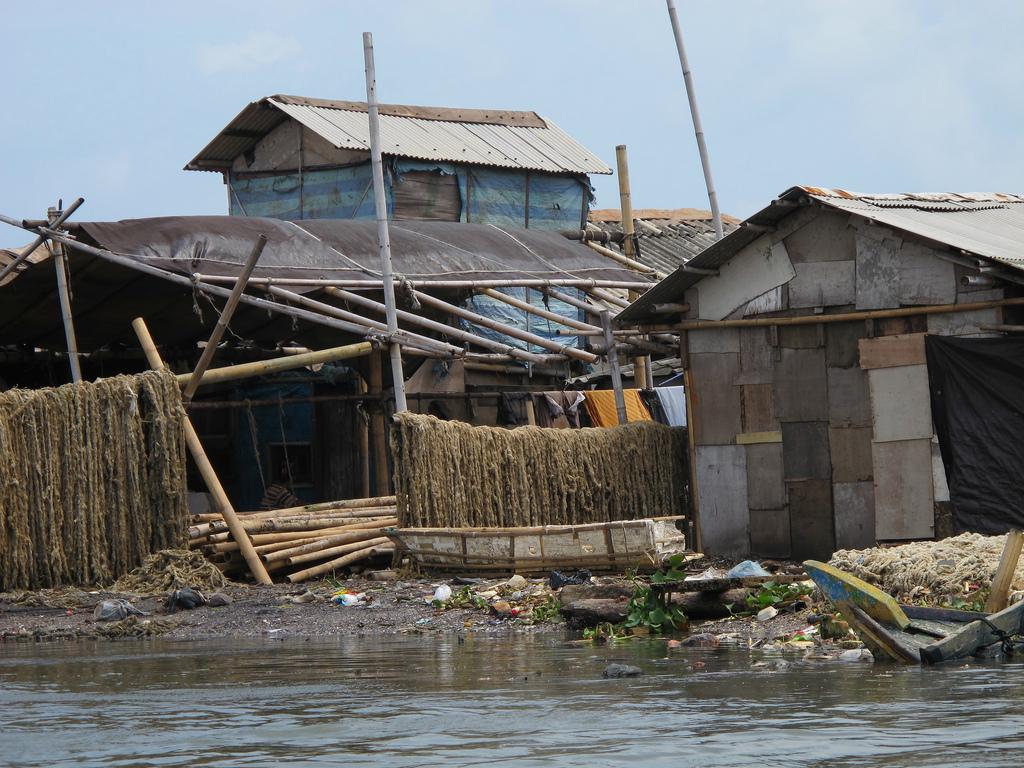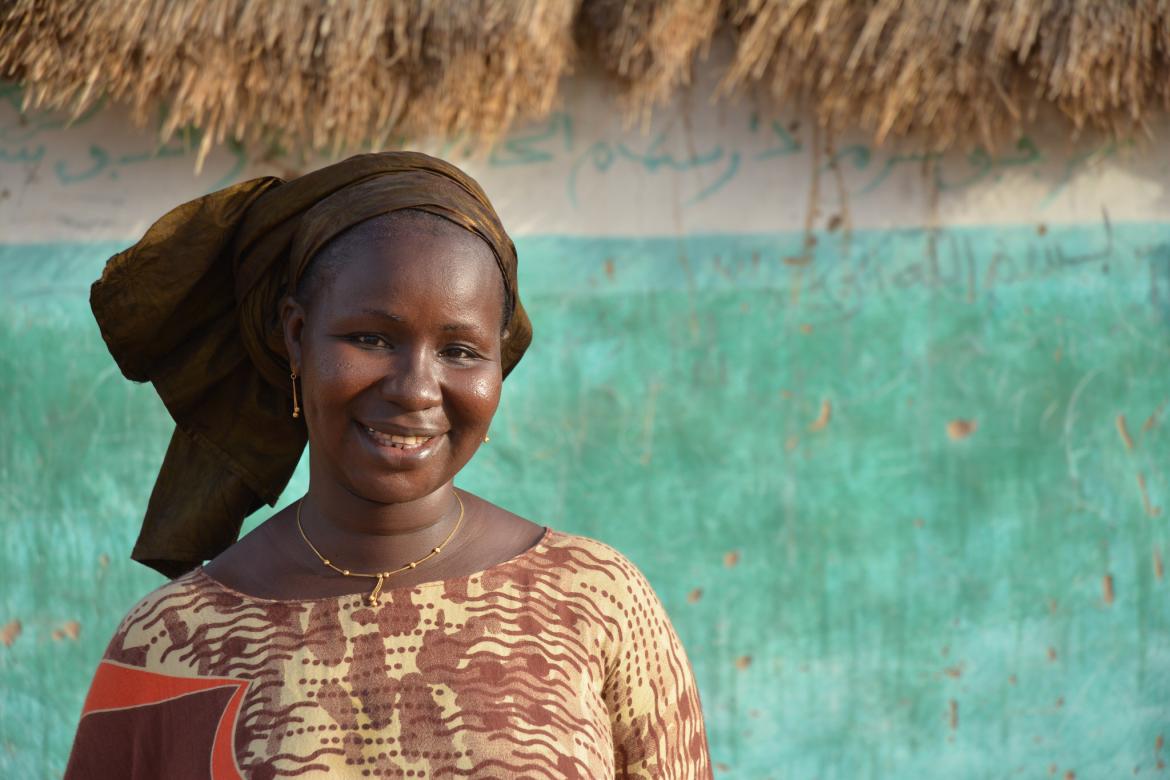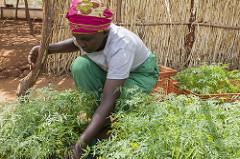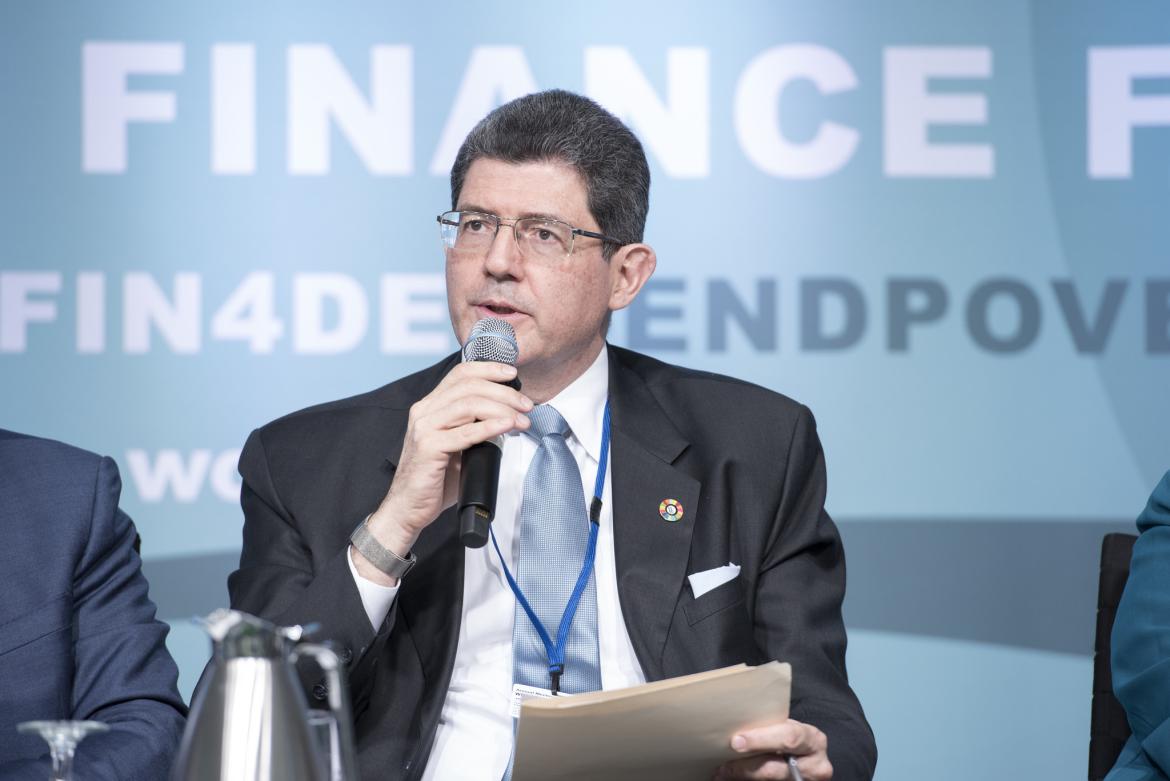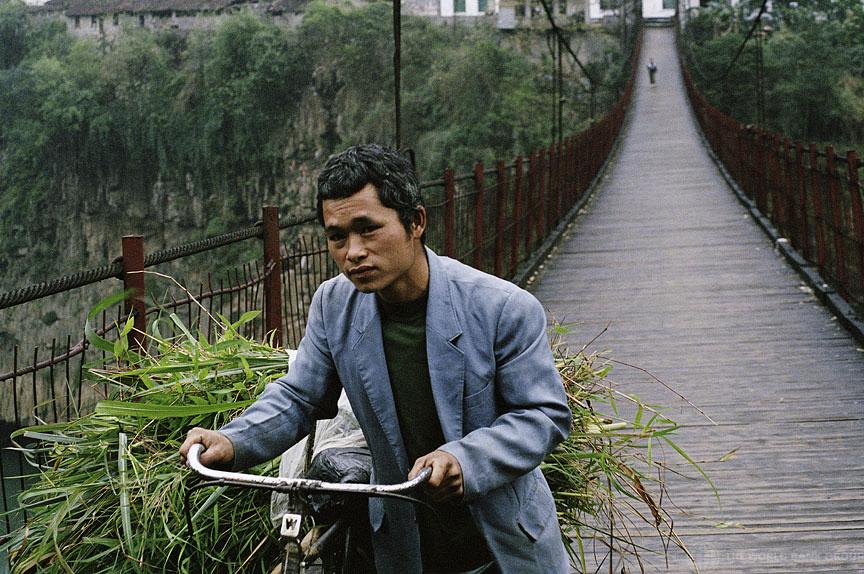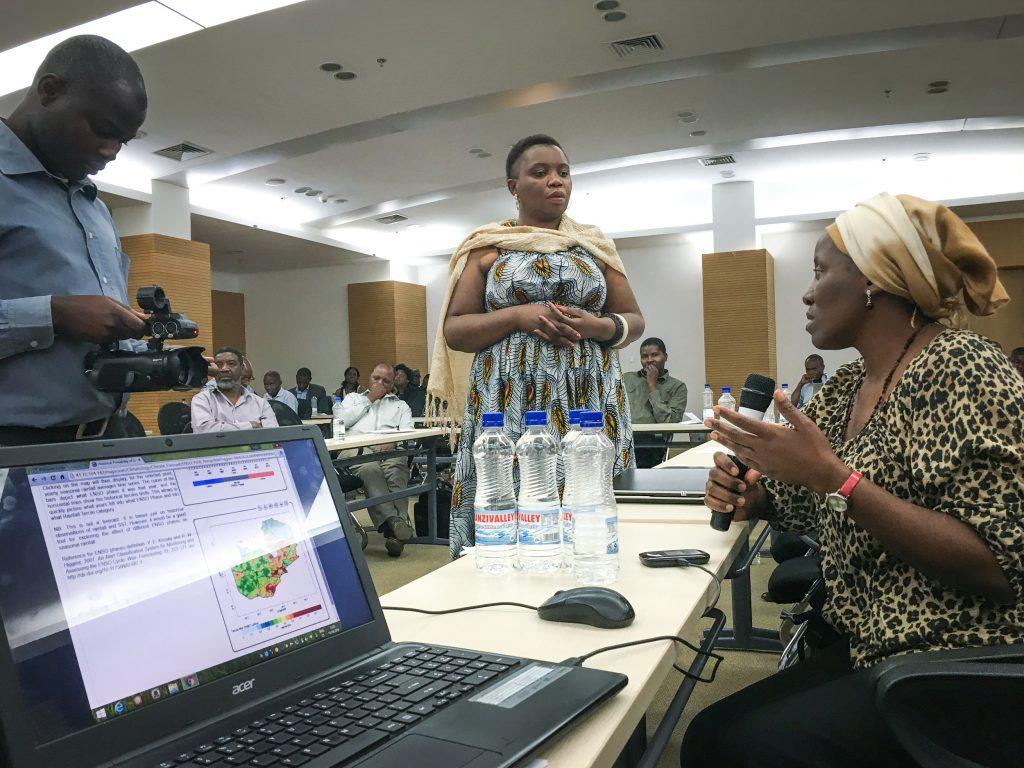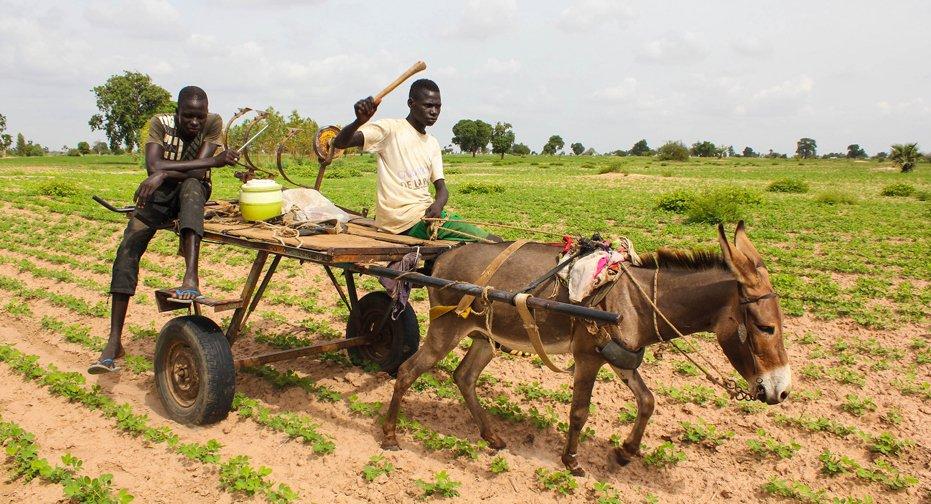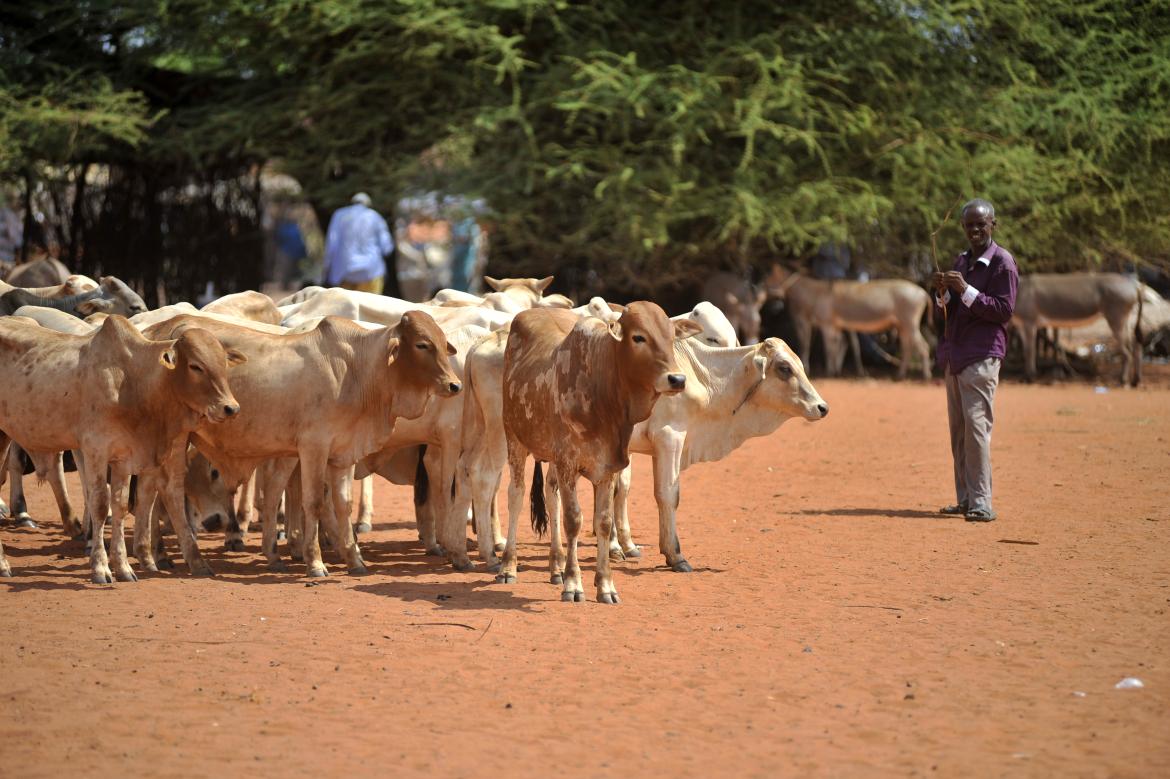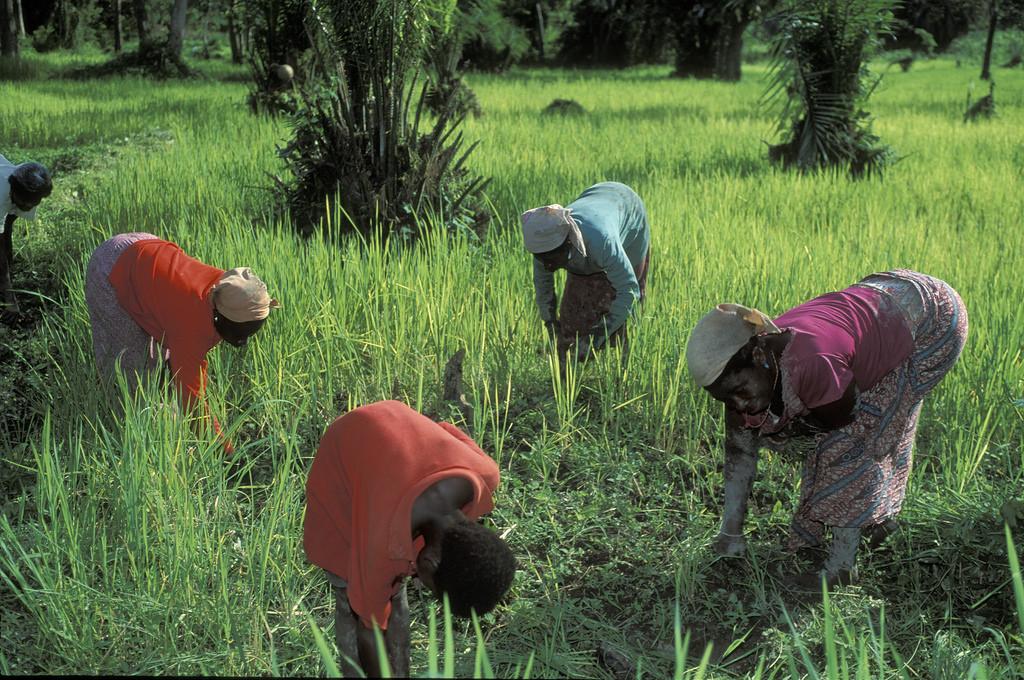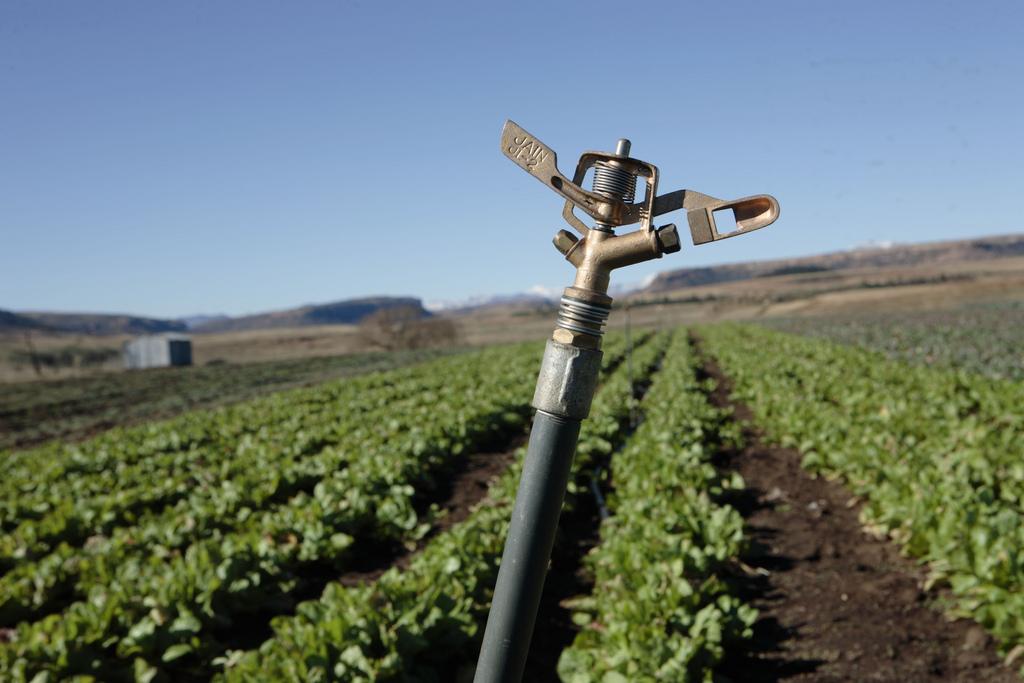
In an interview with ABC News Australia, Jay Horton, an agribusiness consultant with Strategis Partners says only few Australian farmers subscribe to insurance despite the huge risk of growing a crop each year. Mr. Norton also notes that that while some companies in Australia offer multi-peril crop insurance (MPCI), even fewer offer index insurance. This situation contrasts the fact that "insurance reduces the likelihood that the company will have to raise costly external capital at the wrong time." Mr. Horton also urges better forms of risk management in the agricultural sector in Australia

